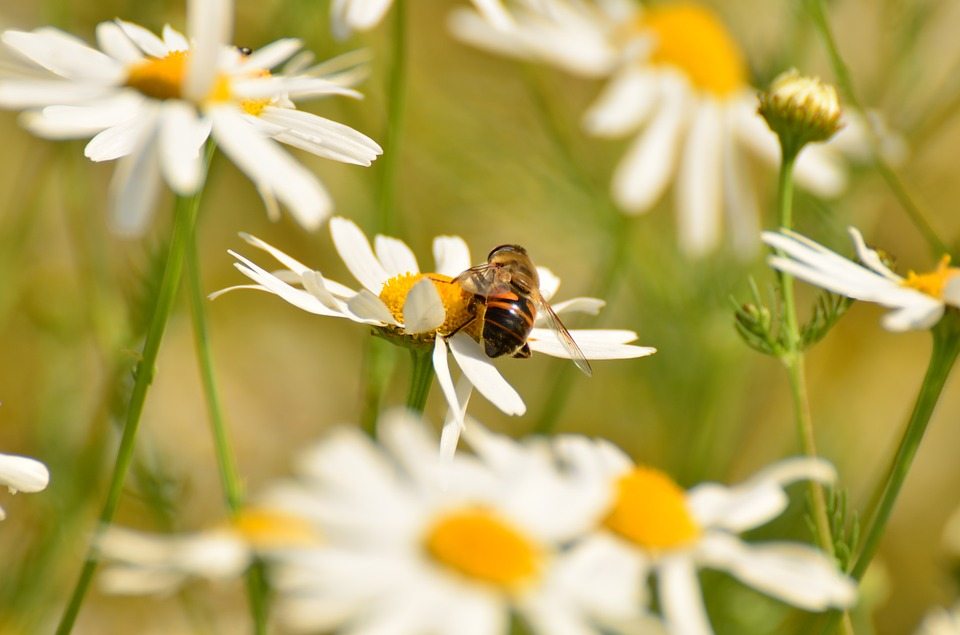This is not an original article of invest-in-albania.org. The original text was written andpublished at Humboldt Foundation.
By Dhimitër Doka
Be it sage, yellow gentian or rosemary – Albania is an important player on the European medicinal herb and spice market. But as an Albanian-German research study shows, Europe’s poorest country could make much more of its green treasure.
Mostly it is women and children in remote and inaccessible regions who collect one of Albania’s most important exports. The work is painstaking and poorly-paid, bending to pick individual leaves, flowers and roots. They are searching for wild medicinal herbs. What they find passes through several stages before being offered on the world market. And there is demand for the pickers’ harvest, whether for producing foodstuffs, spices, essences, teas, aromatic and cosmetic preparations or for various medicinal purposes, at home and, above all, abroad.
Albania is the world’s largest exporter of sage and one of the leading exporters of medicinal herbs in Europe. Still, one should add, because in the wake of the 1990 turnaround and increasing privatisation, competition and migration, the medicinal herbs industry is shrinking. In communist times, Albania earned about 50 million US dollars a year exporting medicinal herbs, and the sector employed roughly 100,000 people. Today, Albania only exports about 8,000 tons of medicinal herbs per year, valued at around 15 million EUR.
And this despite the fact that the green export success could help to ease the precarious economic situation, especially on the country’s periphery, and stop further decline. Particularly in Albania’s lesser developed mountain regions migration, especially amongst young people, is rife. The remaining inhabitants have few ways of making a living. Apart from growing agricultural products like potatoes, maize and fruit or rearing livestock, commercial picking is one of the few ways of improving the family’s income.
The question is how to exploit the potential of this branch of the economy and promote the development of the region. To this end, the author carried out a study together with partners in Germany and Albania. It was the very first time much of the data had been collated. There are a good ten Albanian firms dealing in the export of medicinal herbs to more than eleven countries. Germany and the USA are two of the most important trade partners. Germany comes in first place, importing roughly 2,500 tons of medicinal herbs from Albania every year; the USA are second with about 1,300 tons, followed by Italy, Turkey and France.
An underestimated economic sector
If the plants were cultivated instead of being picked wild as they have been so far, the harvest could be increased as much as sixfold. If this were the case, the trade in medicinal herbs could be turned into an engine for development in many regions of the country. This would require a change in attitude, too. So far, picking the local wild medicinal herbs has been seen as a means of overcoming a short-term emergency rather than as a stable economic sector. Other problems include environmental damage, diminishing quality due to over-picking and the decline of certain species of medicinal herb.
The Albanian export firms are relatively new and small. Their objective is to cultivate the medicinal herbs and prepare them prior to export. But they do not have the capital necessary to invest in the medicinal herb trade. So the firms are usually just middle-men, exporting the goods abroad. This makes it more difficult to comply with international quality standards, which is further exacerbated by the fact that Albanian firms do not have bio certificates.
Despite all the problems, there is considerable potential for developing the medicinal herbs industry. Both the farmers and the companies in the picking areas would profit locally from the export of medicinal herbs and, with them, the country as a whole. This makes it essential to create a clear strategy for future development. And responsibility for this should lie, above all, with the Ministry of the Environment and/or its representatives in the regions. Furthermore, the authorities need to define clearly the picking areas and the species of medicinal herbs according to their value. And they should also keep statistics on volume, prices and companies.
So far, there is no such basis for controlling quality and sustainability. In addition, it would be very important to pave the way for founding and running a research centre dedicated to the field of medicinal herbs in Albania. This would be one way of optimising the use of Albanian plant life and its roughly 3,200 various medicinal herbs, of which 350 species are exported so far, and ensuring that Albania develops its position as an important exporting country.

Leave a Reply
You must be logged in to post a comment.